FOOD & BEVERAGE INDUSTRY
SAP Manufacturing Execution System (MES), Critical for Food and Beverage Manufacturers
For many food and beverage companies today, keeping up-to-date and leveraging the newest manufacturing IT/OT technologies must be a high priority. The thought of digital transformation of the production process and integrating technology into their company may seem expensive but also daunting.
With RTS, we start by looking at your business objectives to determine the manufacturing execution system (MES) requirements and value roadmap. We, along with your production performance Team, conduct brainstorming/blueprint sessions to develop the Digital Transformation roadmap to deliver on the objectives.
For food and beverage manufacturers, an end-to-end MES could be used to shift your company culture towards one of continuous improvement, deliver digital transformation and actionable intelligence. These are the initial steps to creating the “Intelligent Factory”, and when we intimately connect the intelligent factory to the enterprise business system, we foster the potential of an “Intelligent Enterprise”.
How Can MES Software Optimize a Shop Floor?
The shop floor is one of the most critical components of a manufacturing company. It’s where the magic happens. After all, its where raw material turns into finished product. However, machines break, and human error is not uncommon. Without a well-oiled shop floor, a company cannot continue to outperform competitors.
To stay ahead of the curve, manufacturers need a solution that will help their employees work smarter and more efficiently. That’s where MES software comes into play.
SAP MES solutions provide the tools to help any manufacturing team run the shop floor smoothly, strategically, while maximizing profitability. The ability to make quick, confident decisions in real-time is the key to staying competitive. This is impossible with traditional spreadsheet-based systems or siloed point solution approaches.
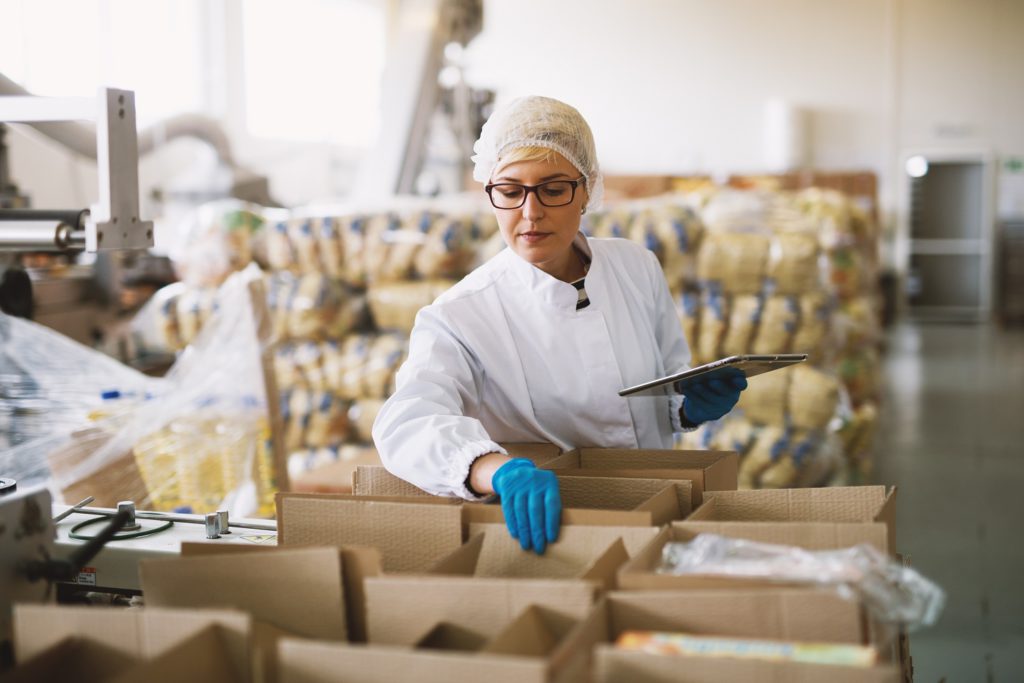
MES software can do more for food and beverage manufacturing companies than traditional management approaches. It has the ability to:
- Provide real time visibility to production, even micro-stops
- Foster continuous improvement and optimize your shop floor.
- Identify issues or potential problems before they happen.
- Deliver a holistic production data lake for AI/ML analytics.
- Integrate easily with existing systems.
- Empower employees with the data and insights to make manufacturing smarter.
- Remove non-value adding actions and anecdotal evidence of losses.
- Build a reputation of trust and quality with the supplier base using auditable, quality data.
There are problems that companies face industry-wide, many of which can be remedied with an MES solution. Let’s take a look at a few of the most common issues food and beverage manufacturers face to determine how MES software can help.
Problem 1: Production Costs Are Rising
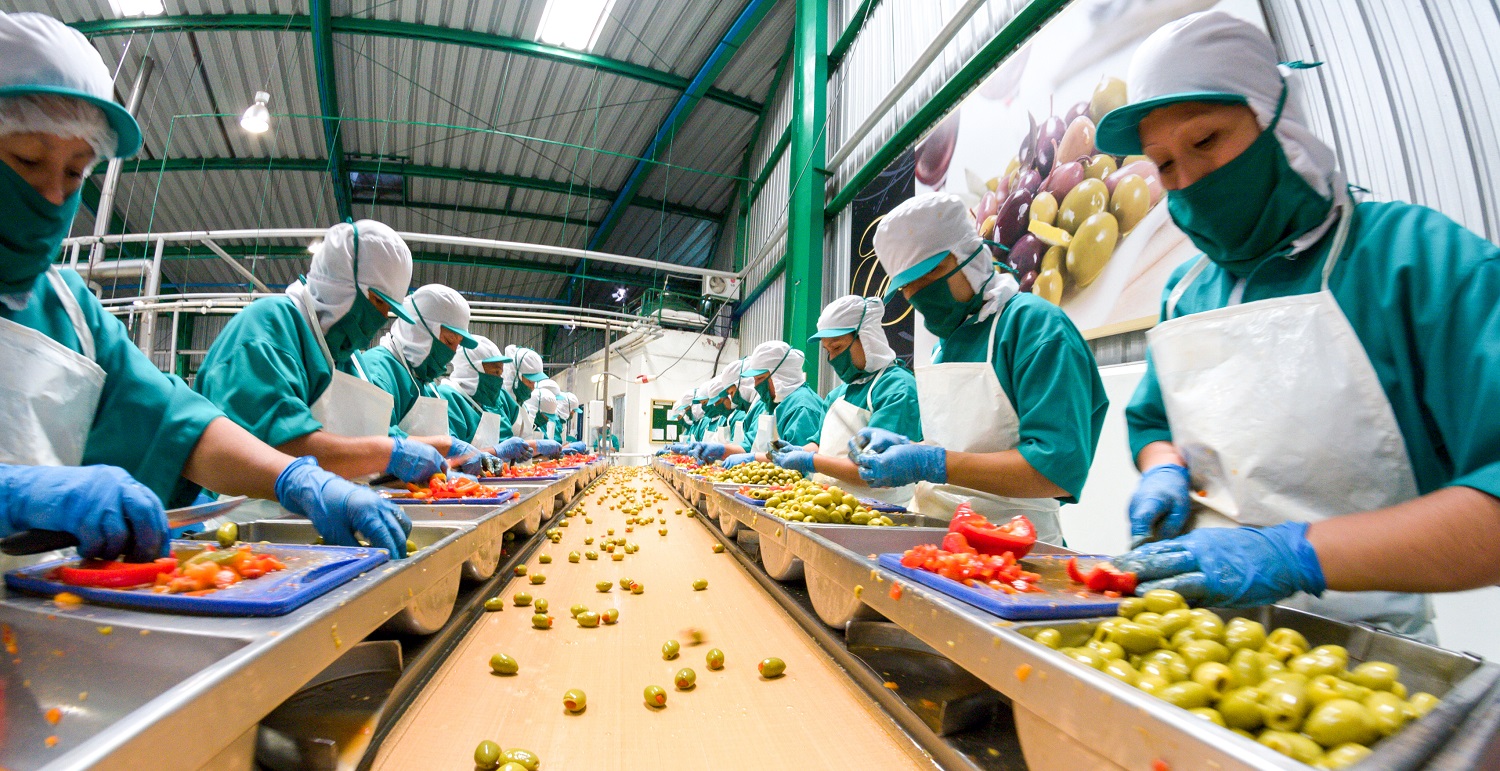
Food manufacturers are facing undeniable global economic uncertainty. The cost of raw materials is rising, along with global labor shortages.
Every cost increase directly impacts manufacturers’ bottom line. So, what can be done?
When it comes to raw materials, the best thing manufacturers can do is to make sure their shop floor and overall operations are consistent, efficient and maximize raw material yield.
In terms of labor, we have no choice but to do more with less. We must empower staff with sharp tools that help get the job done quickly and right the first time.
An MES solution, fulfilling your manufacturing business objectives, can quickly and easily analyze performance and trends based on shifts, crews, individuals, materials, equipment, production lines, products, and packaging, to drive operational improvements.
The right MES software can identify opportunities for improvement when it comes to performance, product innovation, and food safety, as well as bottlenecks on the factory floor. With this technology, manufacturers are able to analyze product costs relative to targets to better gauge overall cost and profit analysis.
With MES software, end-to-end yield tracking is more accessible. Companies can identify causes of yield loss from batching to packaging in order to reduce manufacturing costs. This also helps to improve the overall plan attainment.
Problem 2: Compliance, Allergen Mgmt and Hazard Analysis Critical Control Point (HACCAP) Programs Require Greater Diligence
Food safety is a significant issue for food manufacturers. One compliance mishap could mean a world of trouble for companies large and small.
Imagine a regulator walks into an ice cream manufacturing plant and picks up a tub of ice cream. Then examines the tub and requests to see every quality record from when the milk was delivered to the final product. The task would be nearly insurmountable if parts of the process were recorded on paper.
Traditional methods, because of their lack of control and consistency compared to more advanced technology, leave room for reputational risks. Human error is a risk in itself when it comes to compliance and quality control.
How can MES software help with compliance and quality control?
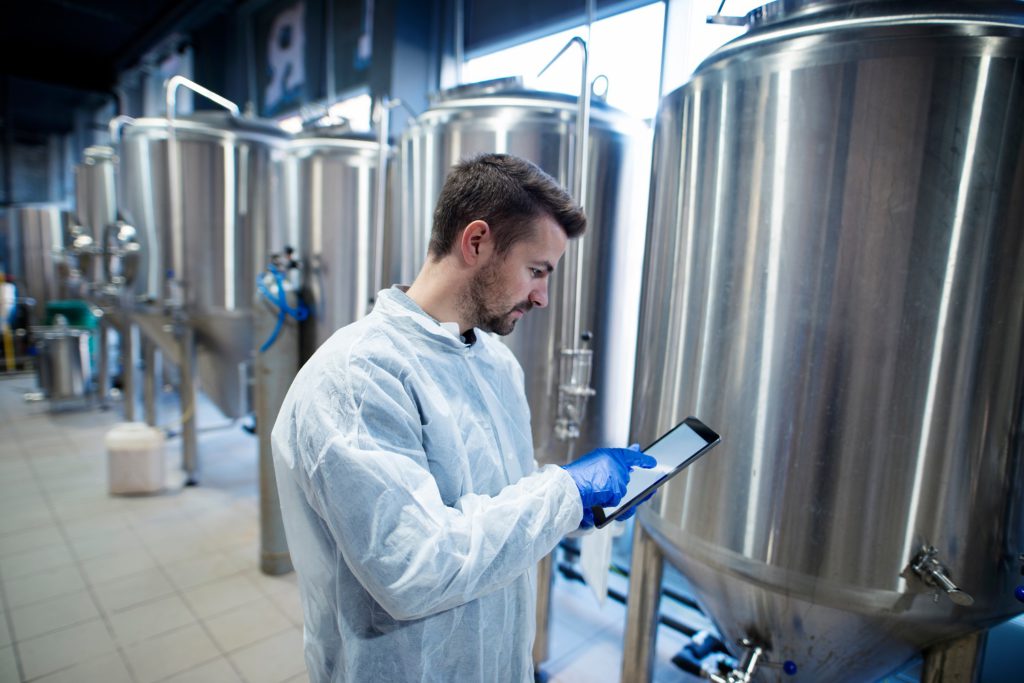
This technology eliminates error by:
- Real time flagging and tracking of in-line product checks.
- Immediate PASS/FAIL on check items to ensure quality, which removes the need for human “checkers.”
- Alerting the right team or person if something needs attention.
- Eliminating falsification, delayed data reporting and data manipulation.
- Regular checks into operator workflows to remove the reliance on human watch and check processes.
Best of all, MES software can provide a complete audit trail at the click of a button, which saves the manufacturer the time and human resources that traditional methods would typically require.
MES software is built to optimize the shop floor by providing accurate data, real-time alerts, and more transparent communication between employees and teams. Food and beverage manufacturers can’t afford to slip up on quality control and compliance, and MES software minimizes the effort without compromising the diligence.
Problem 3: Integrating Technology Comes With a Steep Learning Curve

Adopting technology can be a challenge for many companies, not everyone has the tech-savvy resources, at times the willingness to change needs to be overcome.
How are food and beverage manufacturers supposed to keep up with the sweeping change?
Selecting an SAP MII, ME or DM solution that is tightly integrated with the SAP business system to achieve an Intelligent Enterprise. Food and beverage manufacturers need an MES solution that can not only fit into their current processes, but improve them.
MES delivers features that help manufacturers work smarter, not harder.
The SAP MES allows companies to do the following easily:
-
-
- React to problems and implement new solutions faster.
- Drive continuous improvement company-wide.
- Measure factors like downtime, labor, plan attainment, and changeovers in real-time.
- With SAP’s highly flexible solution companies can remove disparate band-aid solutions for a more efficient and holistic shop floor.
- Gain transparency across the company.
-
SAP ME or DM provides complete role-specific views and offers multiple languages for its users. Also, there’s no coding or programming required; it’s a complete out-of-the-box solution.
Embracing Technology Will Ensure Survival
For most food and beverage organizations, there’s an existing mentality that integrating technology into business is complicated and invasive, SAP MES delivers high integration capabilities that enable to NOT “rip and replace” but migrate into the shop floor landscape in a paced value add controlled fashion.
The goal of adding software to your shop floor is to increase margin by producing more sellable products and by reducing costs. Though MES initially comes at an additional cost, the return on this investment is going to benefit the business in the long-term and add value to the bottom line. Being able to measure a tangible return is what sets a company up for lasting success.
Adding technology to the shop floor is only as complicated as the company makes it. Start by rolling out high value point solutions, like Overall Equipment Effectiveness (OEE), or real time visibility to production key performance indicators. Once that becomes a natural part of your operation, more can be added to increase your efficiency.
Digitally Transform and Optimize Your Food
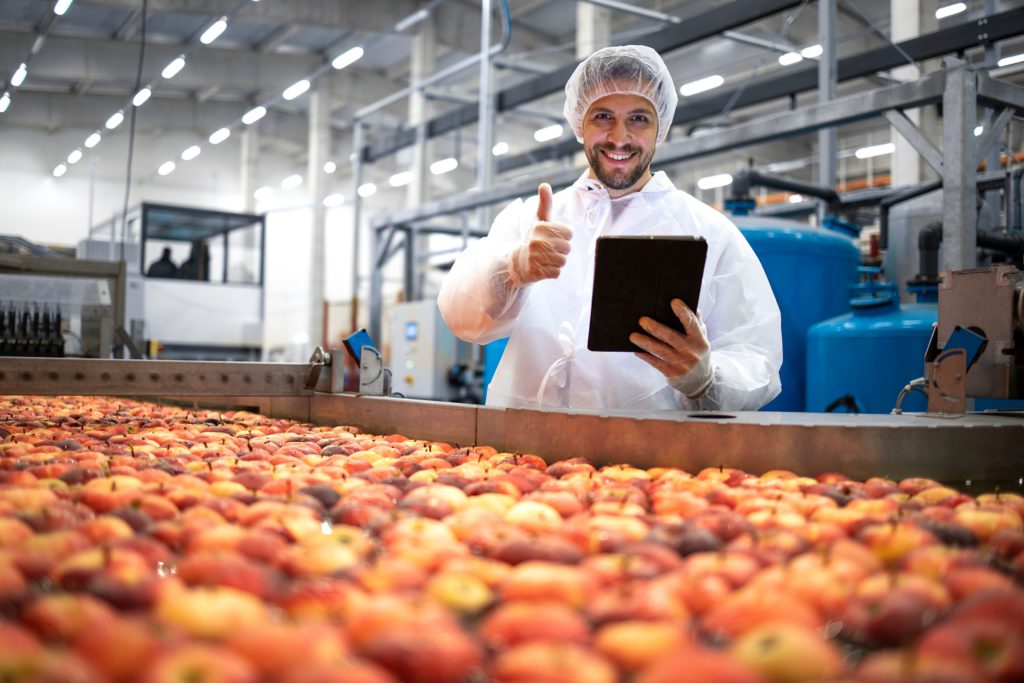
Production Cycle
Supercharge your continuous improvement program by gaining increased visibility and tighter control over your operations. Real time, high-fidelity datapoints from every part of your manufacturing operation, builds the “data lake foundation”, allowing analytics to drive accurate information supporting good business decisions for every step of production.
Easy access to this comprehensive information (you can even ask Apple SIRI for your current shop floor performance info) allows you to quickly identify manufacturing losses, measure metrics such as plan attainment and overall equipment effectiveness (OEE) KPI’s to boost efficiency across production. Thus, accelerating continuous improvement in your facility.
Quality Control Management
Producing quality products that adhere to industry regulations, packaging/labeling requirements and food safety standards doesn’t need to feel overwhelming. Consumers, vendors and wholesalers are demanding more transparency when it comes to food safety, product origins, packaging and ingredient quality. SAP MES can help you satisfy these expectations and ensure end-to-end food quality management.
SAP MES can mitigate the risk associated with producing perishable products by setting up mandatory quality checks throughout the production process, accurately tracking expiration dates and controlling the release and delivery of goods based on predefined test results. In addition, you can comply with food safety standards ensuring that allergens are tracked and kept segregated from other ingredients.
SAP’s MES Solution empowers you to test, check and measure specific values or product components to suit your food industry. For example, confectioners can check for temperature, viscosity, formulation and other quality parameters. Dairy manufacturers can calculate and account for each milk supply’s measurement of butterfat, protein or non-fat solids. While snack manufacturers can measure everything from moisture levels, seasoning percentages and oil frying temperatures. So, no matter what your food product is, you can be confident quality is accounted for throughout your operation.
What Our Customers Say
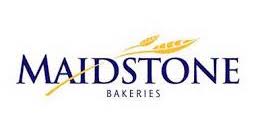
I would recommend RTS Consulting as an implementation partner as their approach to projects, SAP MII knowledge and plant floor automation skills helped us deliver a successful implementation with greater than expected ROI.
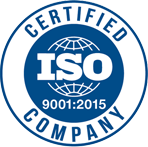
I have been particulary impressed with the speed with which your personnel have responded on the few occasions when programming issues were causing us operational difficulties. They are usually at the plant & working on a solution within an hour of a phone call from myself.
Scott Hanneson P.Eng. Parmalat Engineering North America